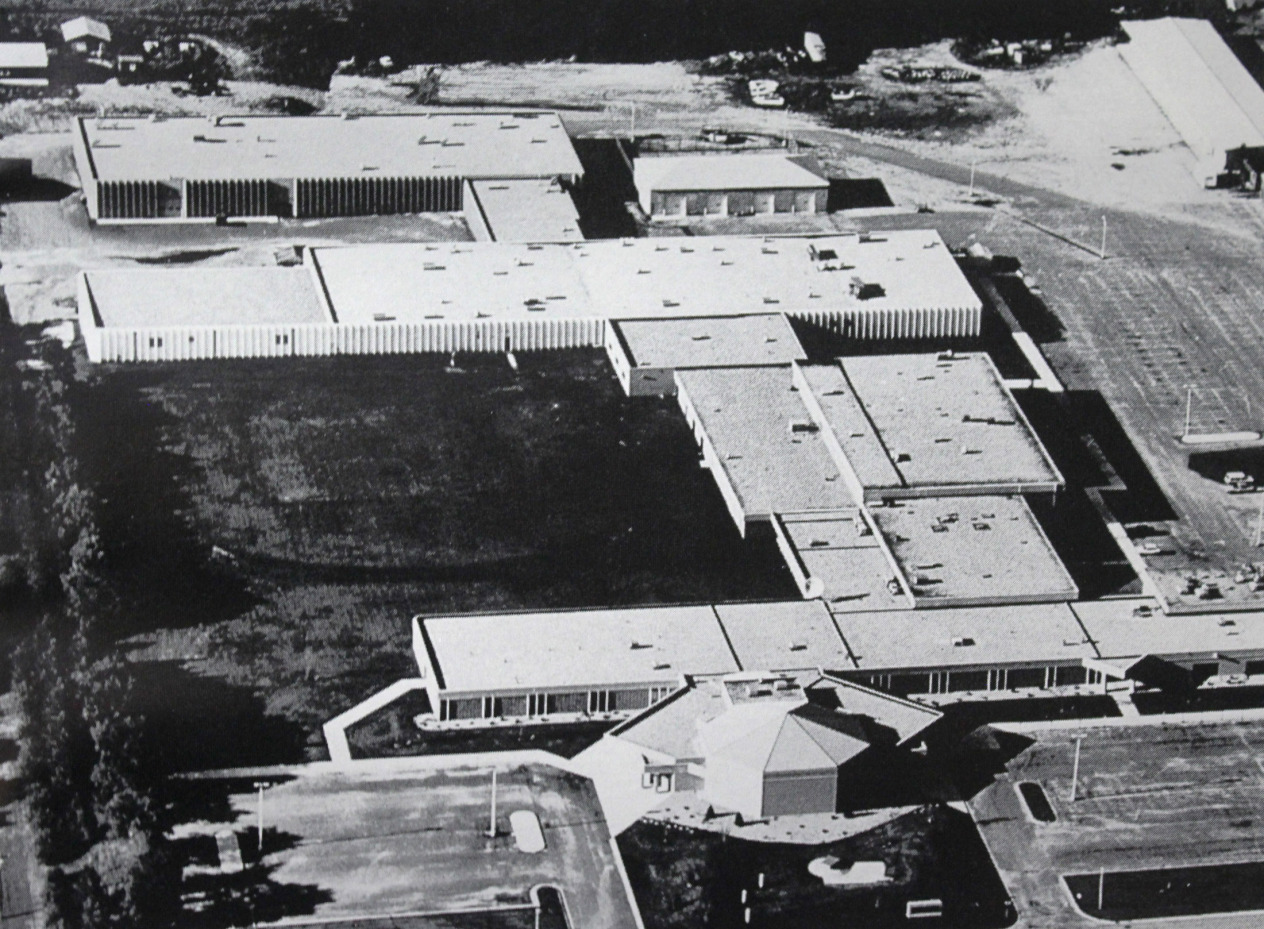Search
COSM2004 - License Preparation EstheticianCredits: 1 (1/0/0) This course will prepare the esthetician student for the general theory exam, written practical exam and Minnesota laws and rules exam issued by the Minnesota State Board of Cosmetology. Additionally, the student will practice mock tests in
COSM1204 - Salon Practicum Hair TechnicianCredits: 1 - 16 In this course, students work in a licensed school salon to meet requirements stipulated by the State Board of Cosmetology. The course includes instruction in applied science and skills in shampooing, scalp and hair conditioning, hair design and
COSM2005 - License Preparation Hair TechnicianCredits: 1 (1/0/0) This course will prepare the hair technician student for the general theory exam, written practical exam and Minnesota laws and rules exam issued by the Minnesota State Board of Cosmetology. Additionally, the student will practice mock test out in
COSM1304 - Hair Extension TechniquesCredits: 1 (1/0/0) In this course, students will learn a variety of hair extension techniques including sew-in wefts, bead, fusion and tape-in extensions. Students will learn the limits with extensions, consultation, color matching, applications, blending, maintenance
COSM1300 - Clipper Cutting TechniquesCredits: 1 (1/0/0) In this course, students will learn correct methods of handling clipper cutting equipment to create precision haircuts. Students will understand the correct use of tools and equipment to enhance client services.
CPTR1040 - Introduction to Programming LogicCredits: 3 (2/1/0) This course introduces students to computer programming logic and troubleshooting. Students are introduced to algorithm development and structure programming. These concepts are foundational to learning to program and general troubleshooting.
ESTH1901 - Advanced Skin TreatmentsCredits: 3 (3/0/0) In this course, students learn about advanced skin care and techniques, including lymphatic drainage, advanced facials, advanced extractions and body treatments. Students' knowledge of specific body systems, including the cardiovascular, lymphatic
ESTH1903 - Advanced ExfoliationCredits: 3 (3/0/0) This course will provide practical knowledge and practice of exfoliation using advanced chemicals and devices, including but not limited to BHA chemical peels, AHA chemical peels, TCA chemical peels, crystal and diamond microdermabrasion, hydro
ESTH1904 - Advanced Skin Care TechniquesCredits: 3 (3/0/0) This course will provide knowledge of and training in electrical energy machines and devices used in an advanced practice esthetics setting, including but not limited to radio frequency, galvanic current, high frequency, ultrasound, microcurrent
MATH0097 - Essentials for Applied StatisticsCredits: 2 (2/0/0) Essentials for Applied Statistics is designed to support students taking MATH 1112 Applied Statistics. It must be taken in conjunction with a linked section of MATH 1112 Applied Statistics taught by the same instructor. The course focuses on algebra
